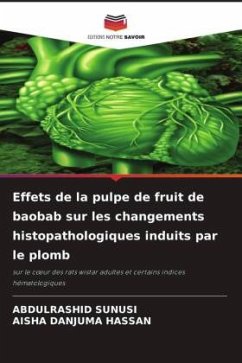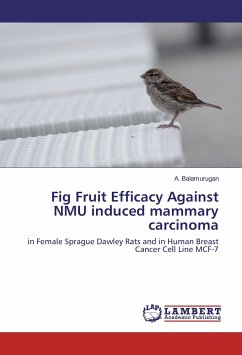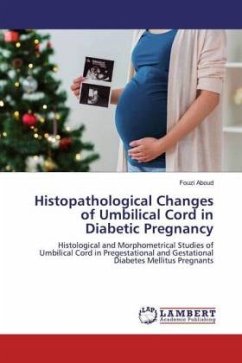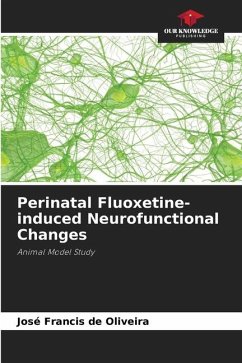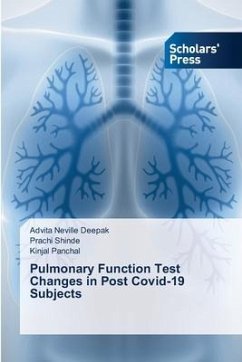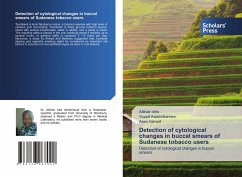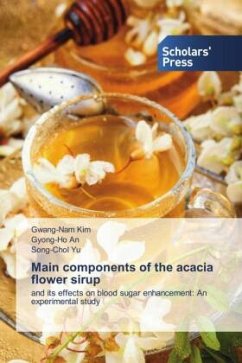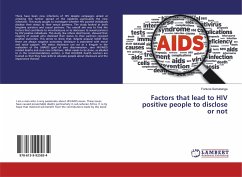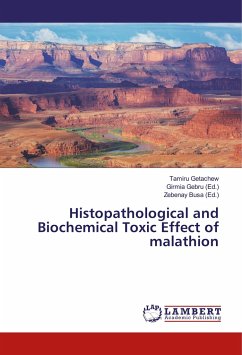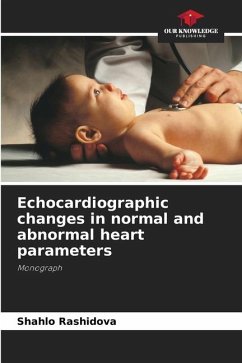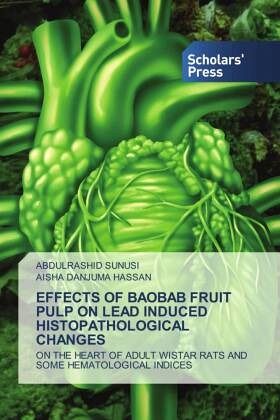
EFFECTS OF BAOBAB FRUIT PULP ON LEAD INDUCED HISTOPATHOLOGICAL CHANGES
ON THE HEART OF ADULT WISTAR RATS AND SOME HEMATOLOGICAL INDICES
Versandkostenfrei!
Versandfertig in 6-10 Tagen
43,99 €
inkl. MwSt.

PAYBACK Punkte
22 °P sammeln!
Lead remains a considerable occupational and public health problem, which is known to cause a number of adverse effects like hypertension, endothelial injury and dysfunction, arteriosclerosis and cardiovascular diseases in human and experimental animals. The toxic effects of lead are treated by chelation therapy which also depletes the body store of essential cations and as such there is need to look for alternative therapy to lead poisoning. The present study was aimed at evaluating the effects of aqueous fruit extract of Adansonia digitata on the lead acetate induced histopathological change...
Lead remains a considerable occupational and public health problem, which is known to cause a number of adverse effects like hypertension, endothelial injury and dysfunction, arteriosclerosis and cardiovascular diseases in human and experimental animals. The toxic effects of lead are treated by chelation therapy which also depletes the body store of essential cations and as such there is need to look for alternative therapy to lead poisoning. The present study was aimed at evaluating the effects of aqueous fruit extract of Adansonia digitata on the lead acetate induced histopathological changes on the heart of an adult male Wister rats and some hematological indices. Twenty-five (25) adult male Wister rats were divided into five (5) groups of five (5) animal per group. Group 1 was administered with water throughout the experimental period from the 1st to the 21st day. Group 2 was administered with 71.4mg/kg of lead acetate only from the 1st to the 21st day of experiment. Group 3 was administered with 500mg/kg of baobab fruit extract only from the 1st to 21st day of experiment.



